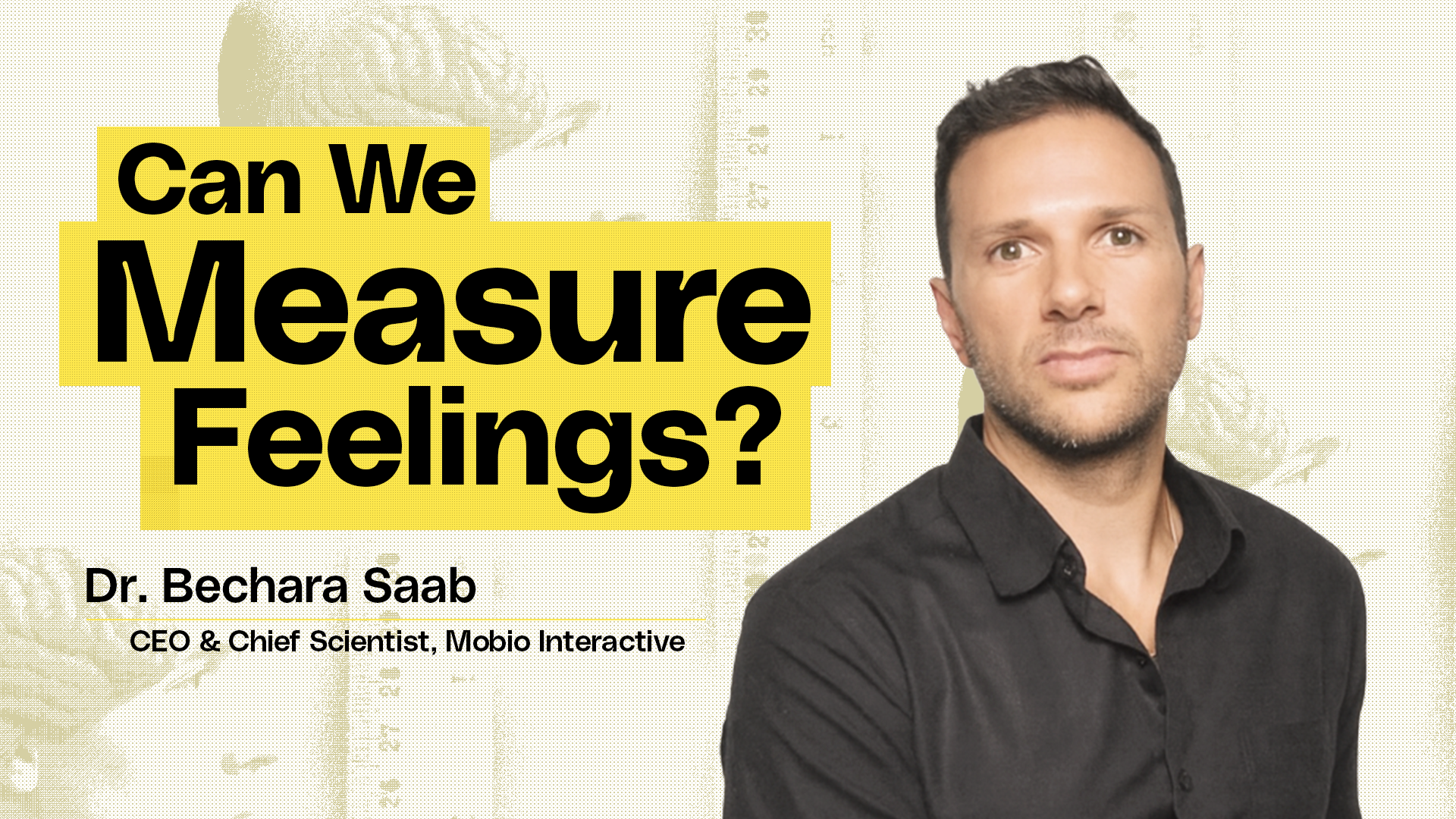

As the Queen of England’s mourning period nears its end, the NHS’s life may be in great jeopardy. In fact, only 9% of the population in England thinks the UK government has the right policies for the NHS.1 In the face of history, when a monarch changes, the country’s healthcare system can experience significant change as well.2 We can’t say for sure what will happen to the NHS under King Charles - as physicist Niels Bohr says “Prediction is very difficult, especially if it’s about the future!” - we can examine an instance in history that may signal what’s to come.
King Willem Alexander - The Netherland, 2013
The Netherlands has a long history of providing universal health care to people of all ages and incomes. The current system was established in 2006 by merging the health insurance funds, which previously existed separately for each region. In 2013, the Netherlands made some changes to their system. The most significant change was the introduction of a new GP system, giving patients access to their local GPs at any time and from anywhere specifically for older people.3 Additionally, the health government also introduced a new tax-free allowance for medicine and increased funding for primary care by €200 million per year until 2020. This increase in funds made physiotherapy, speech therapy and occupational therapy free to all. These changes came at a time of the abdication of Queen Beatrix and the succession of King Willem Alexander to the throne.4
The Netherlands were facing demands to make its system more affordable and efficient. Under pressure from parliament and healthcare organisations, the Netherlands was also enduring:
- An ageing population
- A shortage of nurses and doctors
- High cost of drugs
These changes were not a direct result of King Willem. But I hypothesise that monarchy change acts as a prompt and assist. With a new monarch comes a new era - where political ideas are seen with fresh eyes.
The healthcare government in the Netherlands wanted a more efficient and transparent system that would improve patient care specifically. Change was inevitable, but came easier with a monarchy shift.
Will change be inevitable for the NHS?
I ask this because the similarities between the UK and the Netherlands in 2013 are astounding. This new King has come into power at a time when healthcare in the UK is not at its finest. Hospital charges are rising faster than the recession and a system understaffed at every angle you look. As reported by BBC in July 2022, members of Parliament found that the country is short of 12k doctors and over 50k midwives and nurses.5 The Netherlands demonstrate a change in healthcare for the better. The NHS needs to take some pointers on how to establish a sustainable healthcare system.
With the majority of UK citizens never knowing a reality without Queen Elizabeth, a new king has a strong possibility of altering the societal mindset. The combination of a struggling NHS and a new era of royalty is a one-two punch for change. Hopefully, these changes, which will impact the lives of millions, are for better, not worse.
REFERENCES
- Roland M, Guthrie B, Thomé DC. Primary medical care in the United Kingdom. The Journal of the American Board of Family Medicine. 2012 Mar 1;25(Suppl 1):S6-11.
- Brain J. The Birth of the NHS [Internet]. Historic UK. Historic UK; 2010 [cited 2022 Oct 3]. Available from: https://www.historic-uk.com/HistoryUK/HistoryofBritain/Birth-of-the-NHS/
- Wammes J, Jeurissen P, Westert G, Tanke M. The Dutch health care system. International profiles of health care systems. 2020 Dec:137.
- Cohu S, Lequet-Slama D, Volovitch P. The Netherlands: reform of the health system based on competition and privatisation. Revue française des affaires sociales. 2006(6):207-26.
- Reed J. NHS in England facing worst staffing crisis in history, mps warn [Internet]. BBC News. BBC; 2022 [cited 2022 Oct 3]. Available from: https://www.bbc.com/news/health-62267282
Don’t miss out
Don’t miss out!








